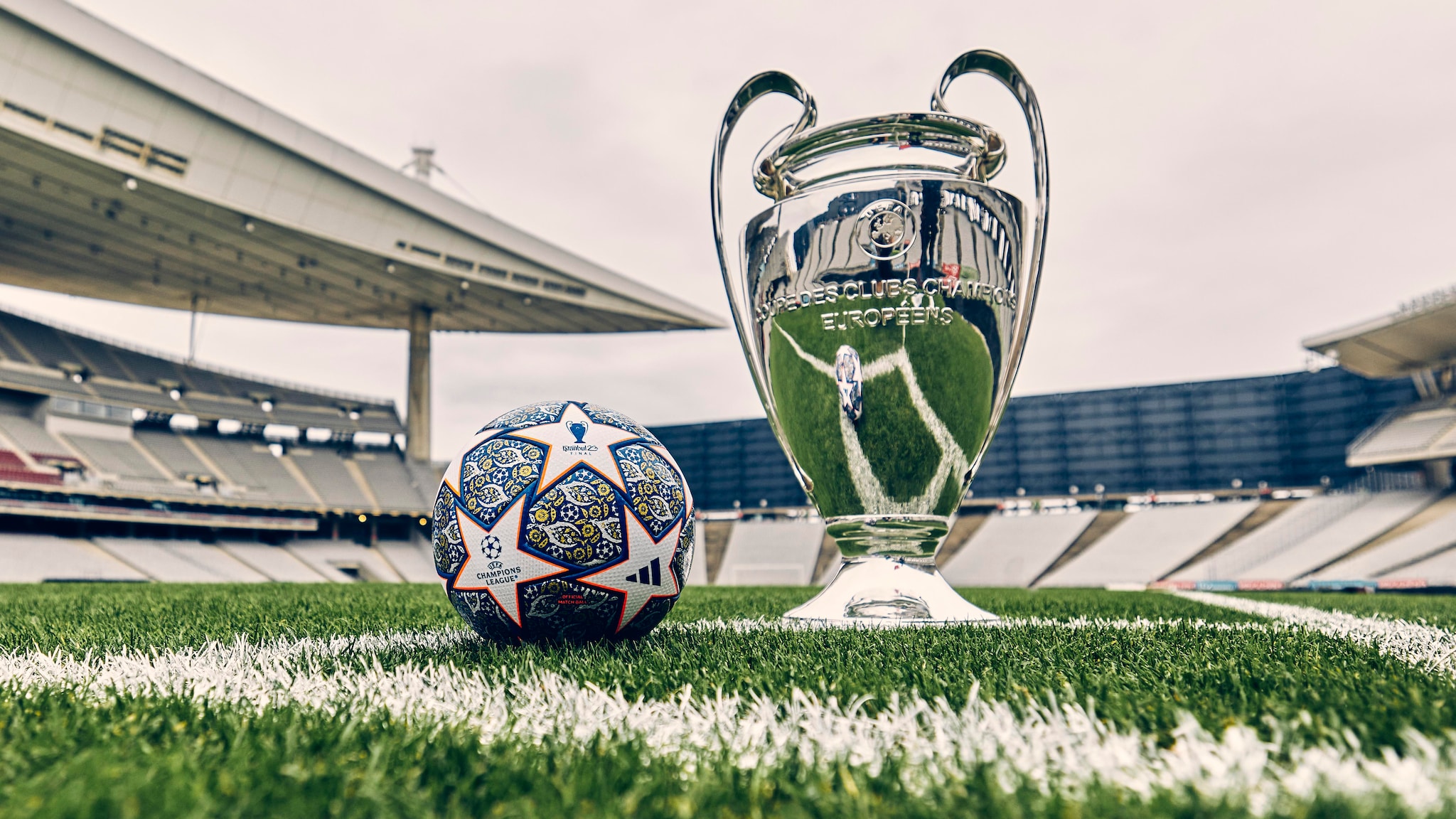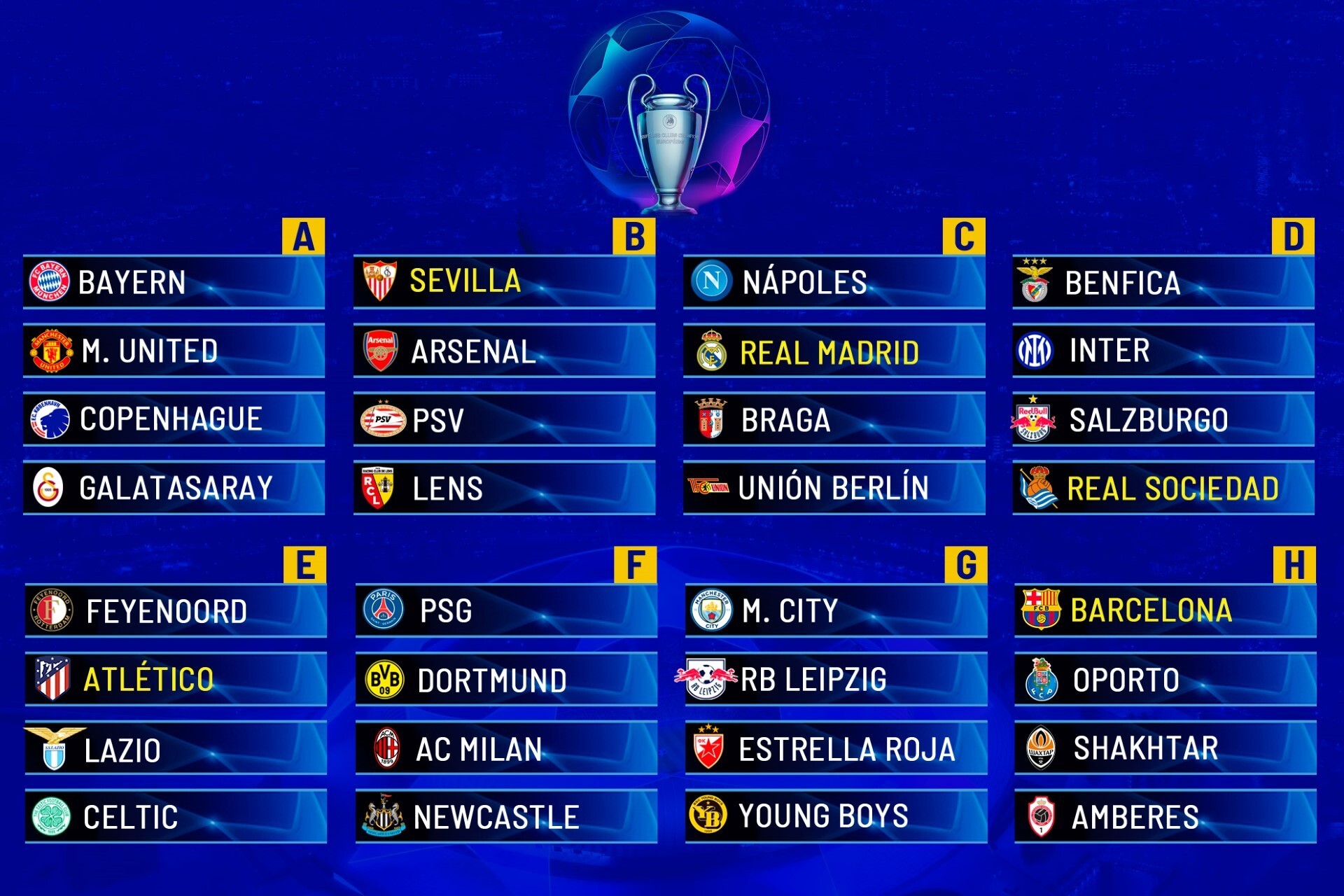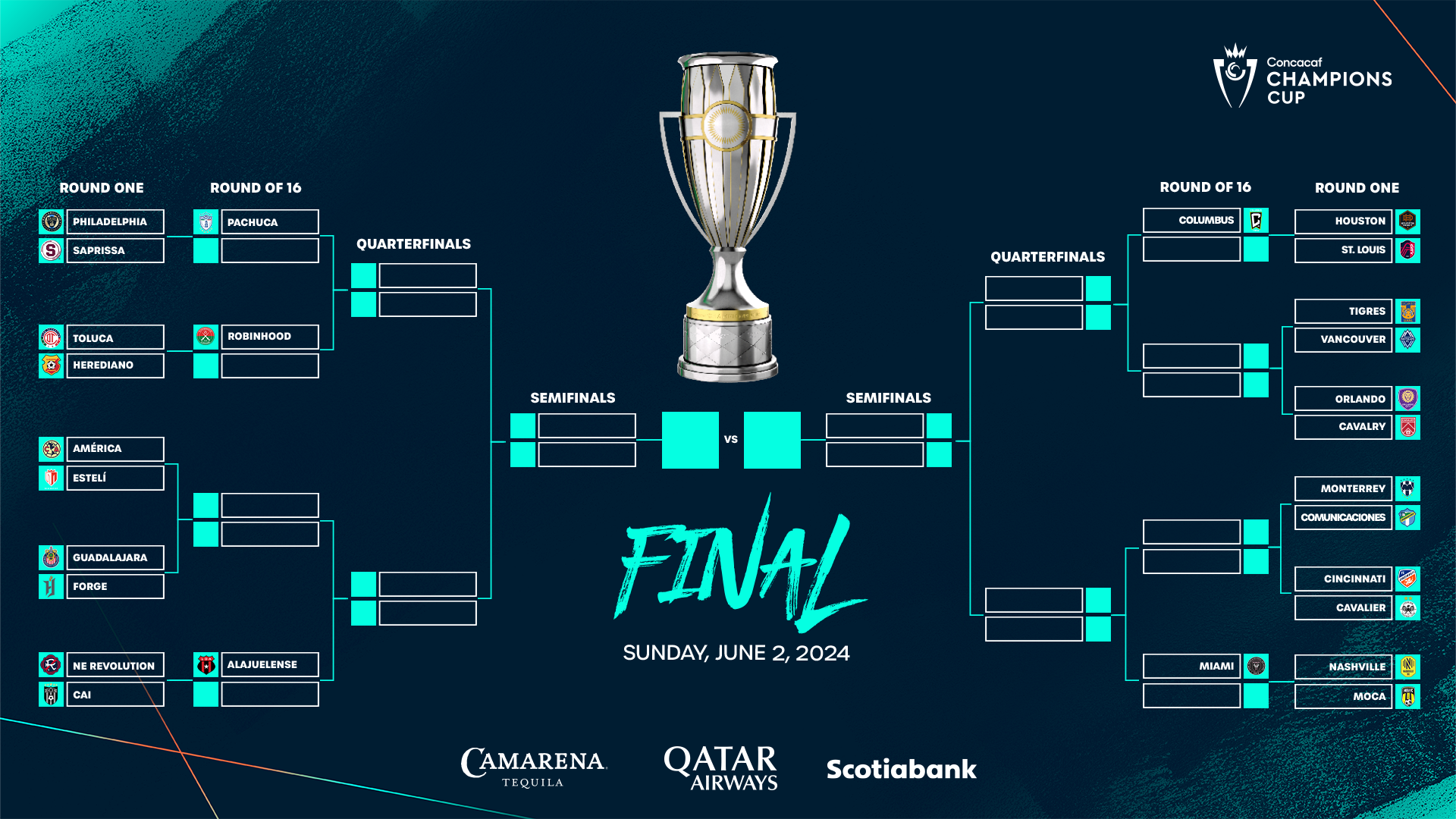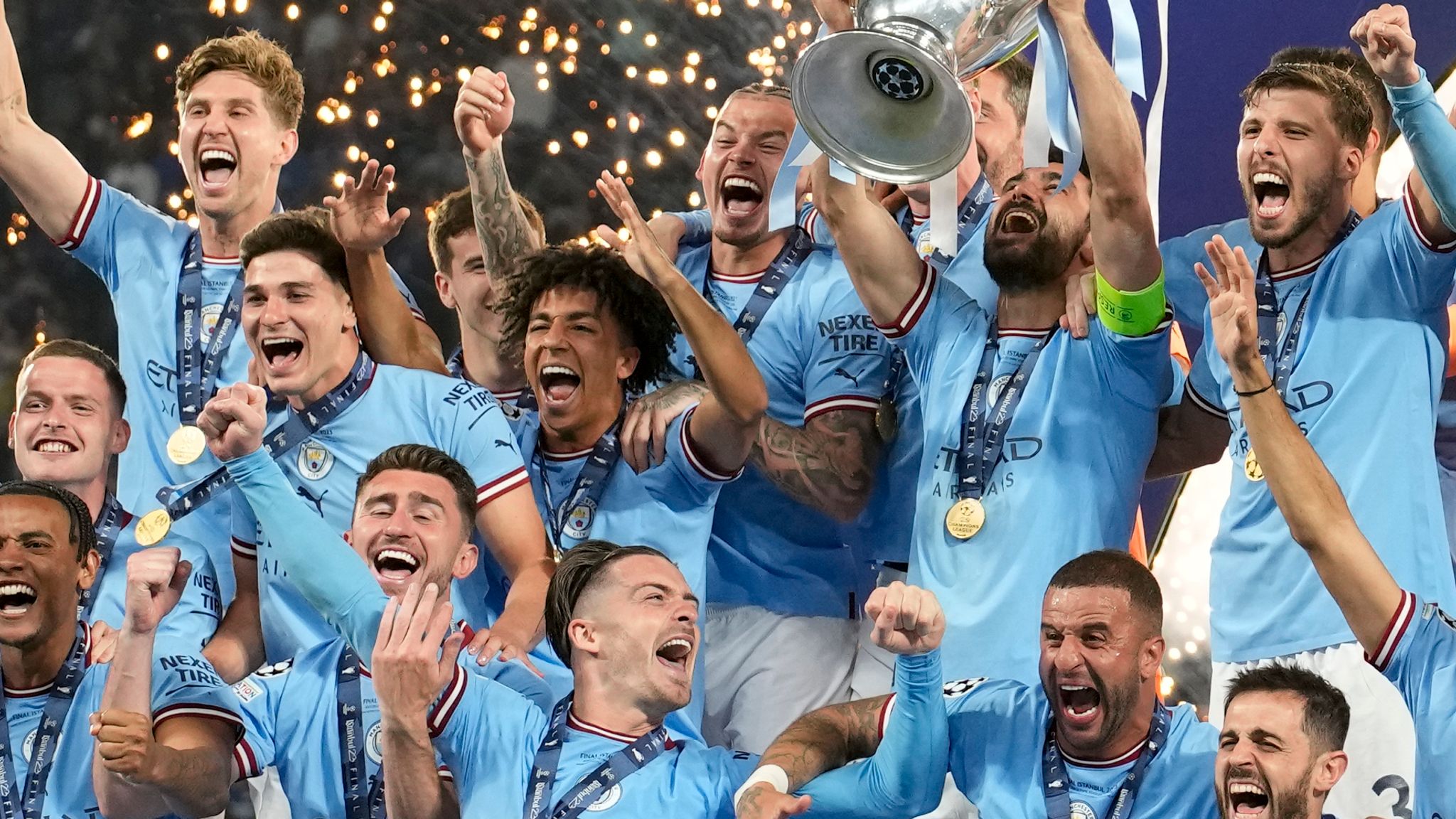Champions League: The Ultimate Clash of Footballing Titans
The UEFA Champions League, the pinnacle of European club football, has captivated fans worldwide with its electrifying matches, legendary players, and unforgettable moments. Every year, the continent's best teams vie for the coveted trophy, showcasing the highest level of skill, passion, and drama in the sport.
History and Legacy
The Champions League traces its roots back to the European Champion Clubs' Cup, first played in 1955. Over the years, it has undergone several transformations, including the addition of a group stage and the rebranding in 1992 to its current name. The tournament has produced some of football's greatest stars, from Alfredo Di Stéfano to Johan Cruyff, from Zinedine Zidane to Lionel Messi.
Format and Progression
The Champions League consists of two main stages: the group stage and the knockout rounds. In the group stage, 32 teams are divided into eight groups of four, with the top two teams from each group advancing to the knockout rounds. The knockout rounds are a single-elimination format, with two-legged matches that determine which teams will progress to the quarterfinals, semifinals, and ultimately the final.
Elite Clubs and Fierce Rivalries
The Champions League brings together Europe's elite clubs, including Real Madrid, Barcelona, Bayern Munich, and Manchester City. These clubs have dominated the tournament's history, winning multiple titles and creating fierce rivalries that have captivated fans for generations. The clash between Real Madrid and FC Barcelona, known as "El Clásico," is one of the most intense and widely watched fixtures in all of sports.
Financial Implications and Global Impact
The Champions League generates enormous financial revenue for the participating clubs and UEFA. Broadcast rights, ticket sales, and merchandise sales contribute to the tournament's massive earning potential. Moreover, the Champions League has a significant global impact, reaching millions of fans around the world and showcasing the best of European football to a diverse audience.
Cultural Significance and Fan Base
The Champions League transcends sports and has become a cultural phenomenon. It evokes a sense of unity among fans across different countries and nationalities, uniting them in their shared passion for the beautiful game. The tournament's iconic anthem, "Zadok the Priest," has become synonymous with the Champions League experience and sends shivers down the spines of fans worldwide.
Star Players and Memorable Performances
Throughout the history of the Champions League, countless legendary players have graced the pitch with unforgettable performances. From George Best's mesmerizing dribbling to Ronaldo's indomitable scoring prowess, the tournament has witnessed some of the greatest individual displays in football history. These moments live on in the memories of fans and continue to inspire generations of players and enthusiasts.
Controversies and Rivalries
As with any major sporting event, the Champions League has had its fair share of controversies and rivalries. Intense matches, refereeing decisions, and questionable tactics have all contributed to the tournament's unpredictable and captivating nature. The rivalry between Liverpool and AC Milan has produced several memorable matches, including the infamous 2005 final known as the "Miracle of Istanbul."
Potential Changes and Future Challenges
The Champions League is constantly evolving to meet the changing demands of the footballing landscape. UEFA is exploring potential changes to the tournament's format and regulations, including the introduction of a third-tier competition. The future of the Champions League faces challenges such as financial fair play, player burnout, and the rise of Super League proposals.
Impact on the Football Ecosystem
The Champions League has a profound impact on the entire football ecosystem. It provides a pathway for smaller clubs to compete at the highest level and offers financial rewards that help them invest in their facilities and youth academies. The tournament also raises the profile of lesser-known players and gives them a platform to showcase their talents on the international stage.
Conclusion
The UEFA Champions League is the pinnacle of European club football, a tournament that combines history, passion, drama, and global impact. It brings together the world's best teams and players in a battle for the most coveted trophy in the sport. The Champions League has become a cultural phenomenon, inspiring generations of fans and leaving an enduring legacy in the world of football. As the tournament continues to evolve, it promises to deliver even more unforgettable moments and shape the future of the beautiful game.
| Team | Titles | Runners-up | Years Won |
|---|---|---|---|
| Real Madrid | 14 | 3 | 1956, 1957, 1958, 1959, 1960, 1966, 1998, 2000, 2002, 2014, 2016, 2017, 2018, 2022 |
| AC Milan | 7 | 4 | 1963, 1969, 1989, 1990, 1994, 2003, 2007 |
| Bayern Munich | 6 | 5 | 1974, 1975, 1976, 2001, 2013, 2020 |
| Liverpool | 6 | 3 | 1977, 1978, 1981, 1984, 2005, 2019 |
| Barcelona | 5 | 3 | 1992, 2006, 2009, 2011, 2015 |




